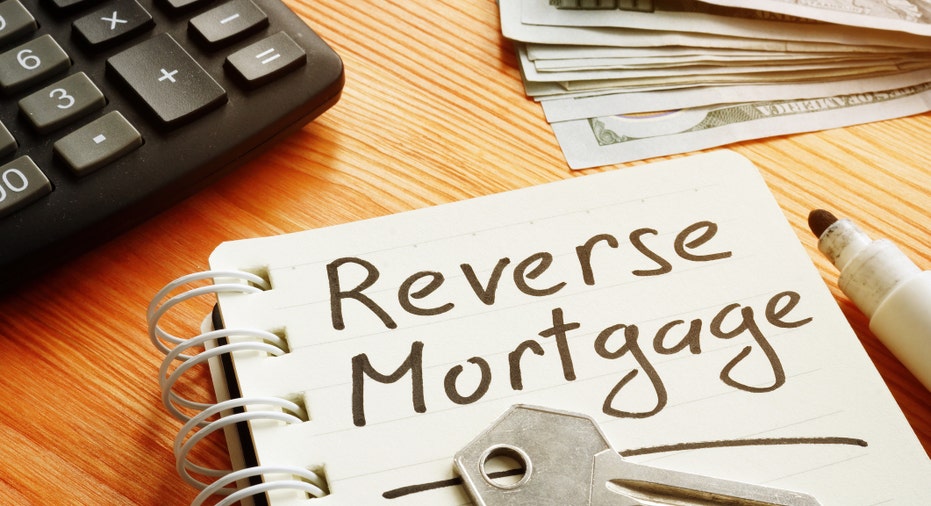What is the difference between a home reversion and a reverse mortgage?
When it comes to reverse mortgages, it has several advantages and disadvantages. Some of them are listed below,
Pros:
- The top benefit is that you remain the homeowner and continue to live in it.
- A little portion from your money supplements your income in retirement.
- A lump sum funds your home renovation so you can stay for a longer time.
- It allows you to free up money in an urgent situation such as medical treatment or other emergencies.
- It provides you secure aged care accommodation unless you sell your house.
Cons:
- As time grows, your debt starts to grow, and equity decreases.
- Interests and fees compound add to your loan balance.
- The interest rate becomes higher than a standard home loan.
- It can affect your eligibility for the age pension.
- It may affect your ability to afford aged care.
- It can take away all the money you need for your future medical bills and home maintenance.
- You can be left out with little money. Thus, it can create problems for you to support your family.
- If you are the only owner of the house, and you decide to accept the offer. Then the person who lives with you has to leave if you die or move out.
- If you are borrowing it for investment purposes, you put the whole home at risk, and it has nothing to do with the portion you are investing. So, in this case, you need to be careful.

Negative equity protection:
The negative equity protection policy came up in 2012, and it says that you can’t end up owing the lender more than the worth of your home. Check your contract to see the date if it doesn’t involve negative equity protection, talk to your lender or do whatever you want to do.
Home reversion:
In-home reversion, you are allowed to sell a portion of your home according to its future value. You get a lump sum and keep the remaining portion. The providers pay you less amount for the share you wish to sell. However, it depends on your age. If you are 60+, you get the 25% or more value depending on the share value. Home reversion is not a loan, so you don’t have to pay interest. Pay the fee for the transaction to get the value of your home.
Pros:
- You can sell the portion of your house based upon its future value while living on it.
- A lump sum allows you to do renovation and maintenance of your home. Thus you can stay for a longer time.
- In case of emergency, you can get free the money and use it.
Cons:
- You have a low share of equity in your home
- The whole transaction process is quite difficult to understand, and it takes time
- Like a reverse mortgage canada interest rates, it can affect your eligibility for the age pension
- It makes it hard for you to afford the aged care
- It can eat your money and makes it hard for your future needs.